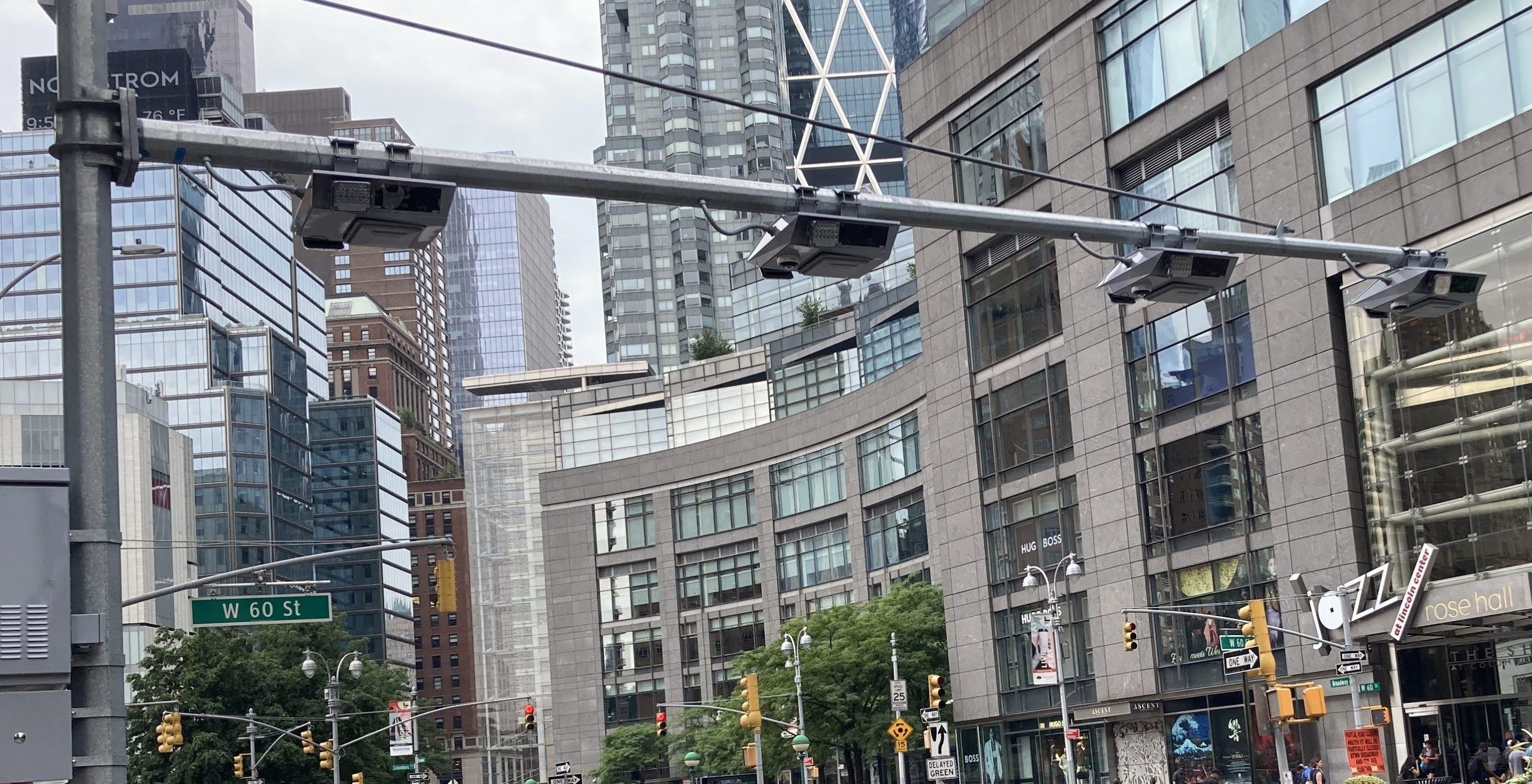The federal Environmental Protection Agency signed off on the MTA's final environmental assessment of congestion pricing after expressing initial concerns, Streetsblog has learned — a previously unreleased assessment that entirely undermines several lawsuits against the toll.
Those opponents are correct that EPA expressed initial doubts about "insufficient" data around air quality impacts in New Jersey and the toll's possible effect on "economic justice communities." Indeed, EPA Regional Administrator Lisa Garcia sent the MTA and Federal Highway Administration a 12-page letter on Sept. 22, 2022 that asked that the final EA include more air-quality and traffic analysis, plus details of mitigation measures for areas that may see negative impacts from congestion pricing.
Which is exactly what the MTA did.
Unfortunately for the agency, when it released the final EA — which new air-quality and traffic diversion analysis on environmental justice communities, mitigation efforts in the south Bronx, and a plan to reduce possible hardships to low-income drivers — the agency did not include a March 15, 2023 letter from Garcia informing the MTA and the U.S. Department of Transportation that the agencies had satisfied her earlier concerns.
"We acknowledge the improvements throughout the [environmental review] process, specifically to address potential impacts of the proposed action on communities with environmental justice concerns" Garcia wrote.
The existence of the letter — obtained by Streetsblog — undercuts lawsuits by New Jersey, residents of Battery Park City. Staten Island Borough President Vito Fossella and the United Federation of Teachers. Experts say that the March 2023 letter is whatever the opposite of a smoking gun is because it reveals that the concerns identified by the EPA over the draft environmental assessment were properly addressed.
"If there [remained] a disagreement between EPA and DOT as to the sufficiency of the environmental review, EPA could have referred that to the Council on Environmental Quality, which makes the final determination," said Amy Turner, the director of the Cities Climate Law Initiative and research scholar at Columbia Law School's Sabin Center for Climate Change Law.
As a result, congestion pricing opponents are now even more likely to fail in court.
"The fact that EPA at one point said that it wanted more or different environmental review doesn't have any legal import at this point, because EPA has gone through the process that it's required to go through ... and has effectively signed off on it by not referring it to CEQ," said Turner.






